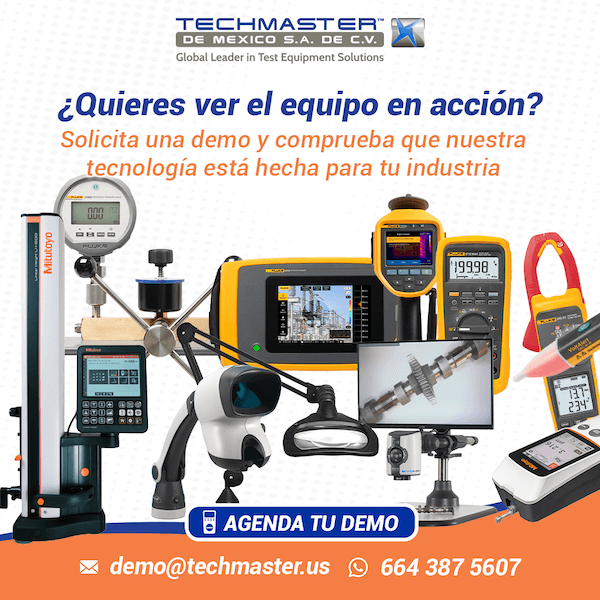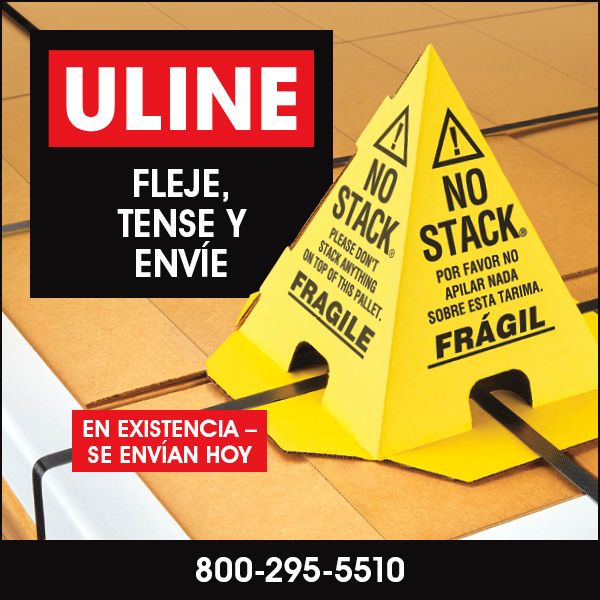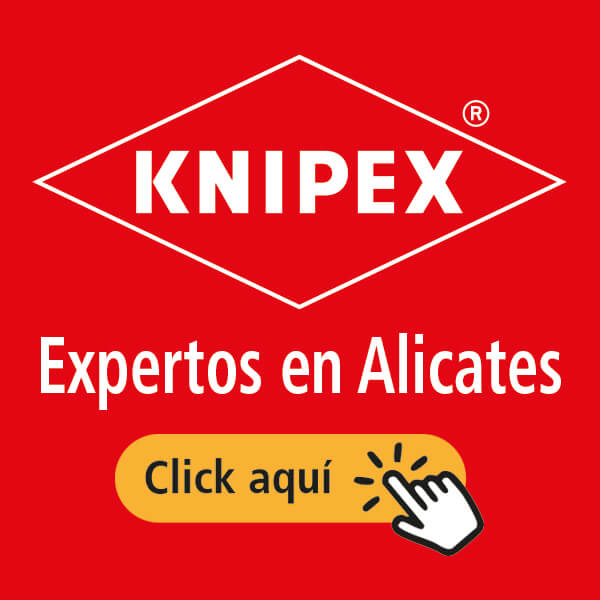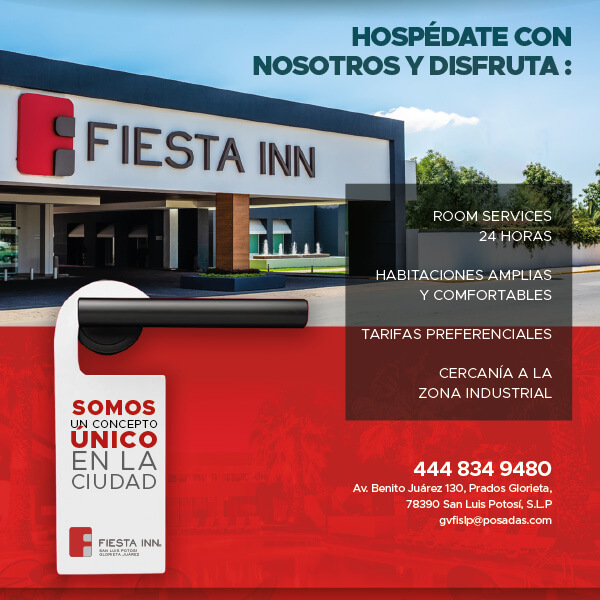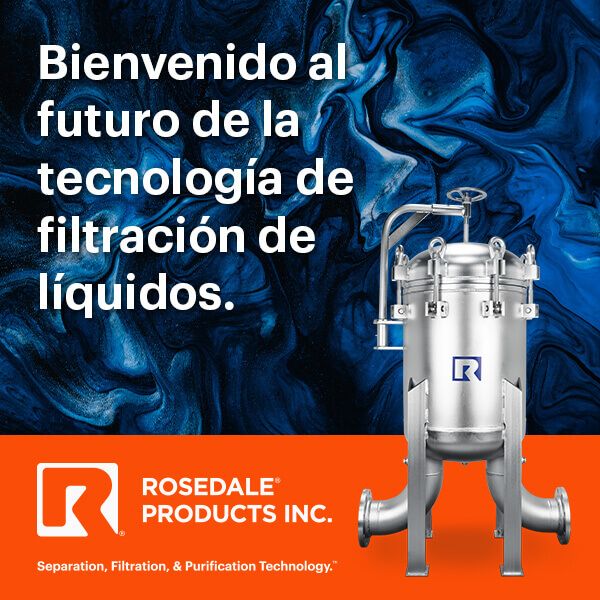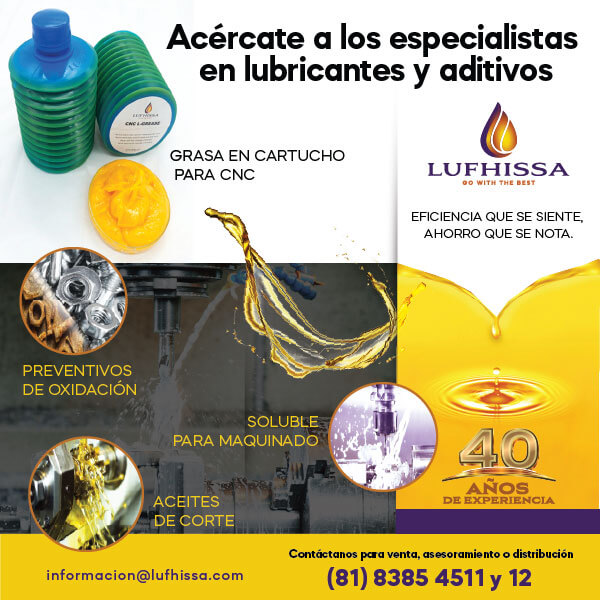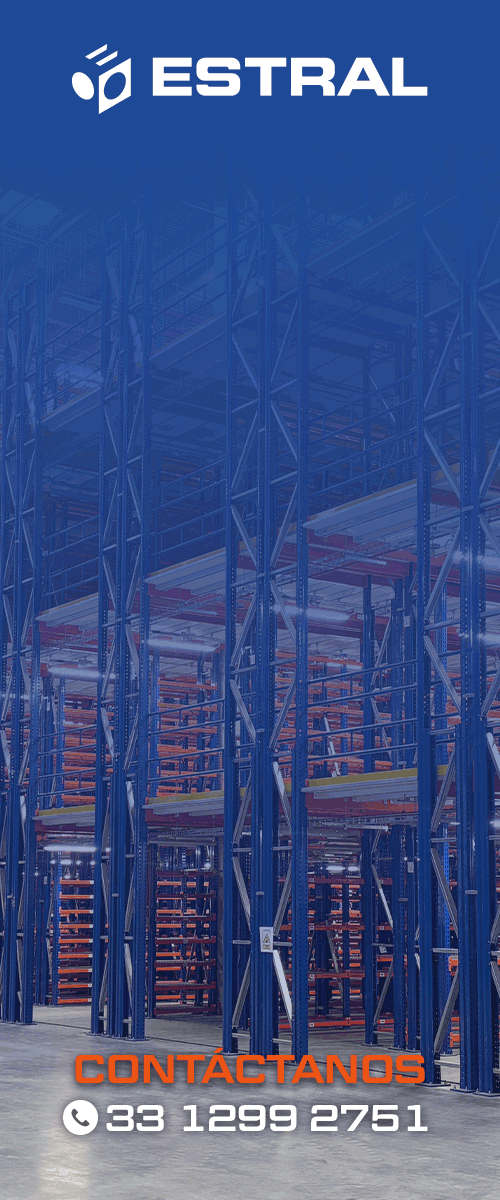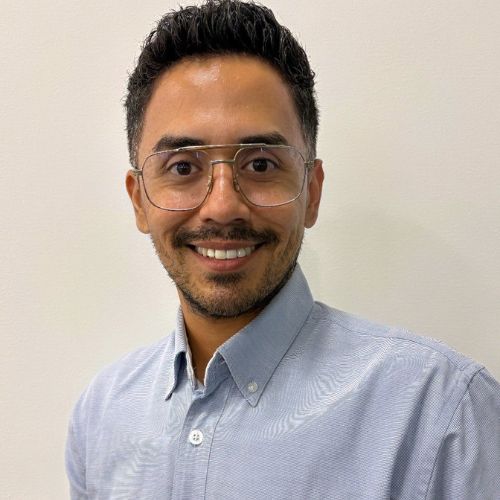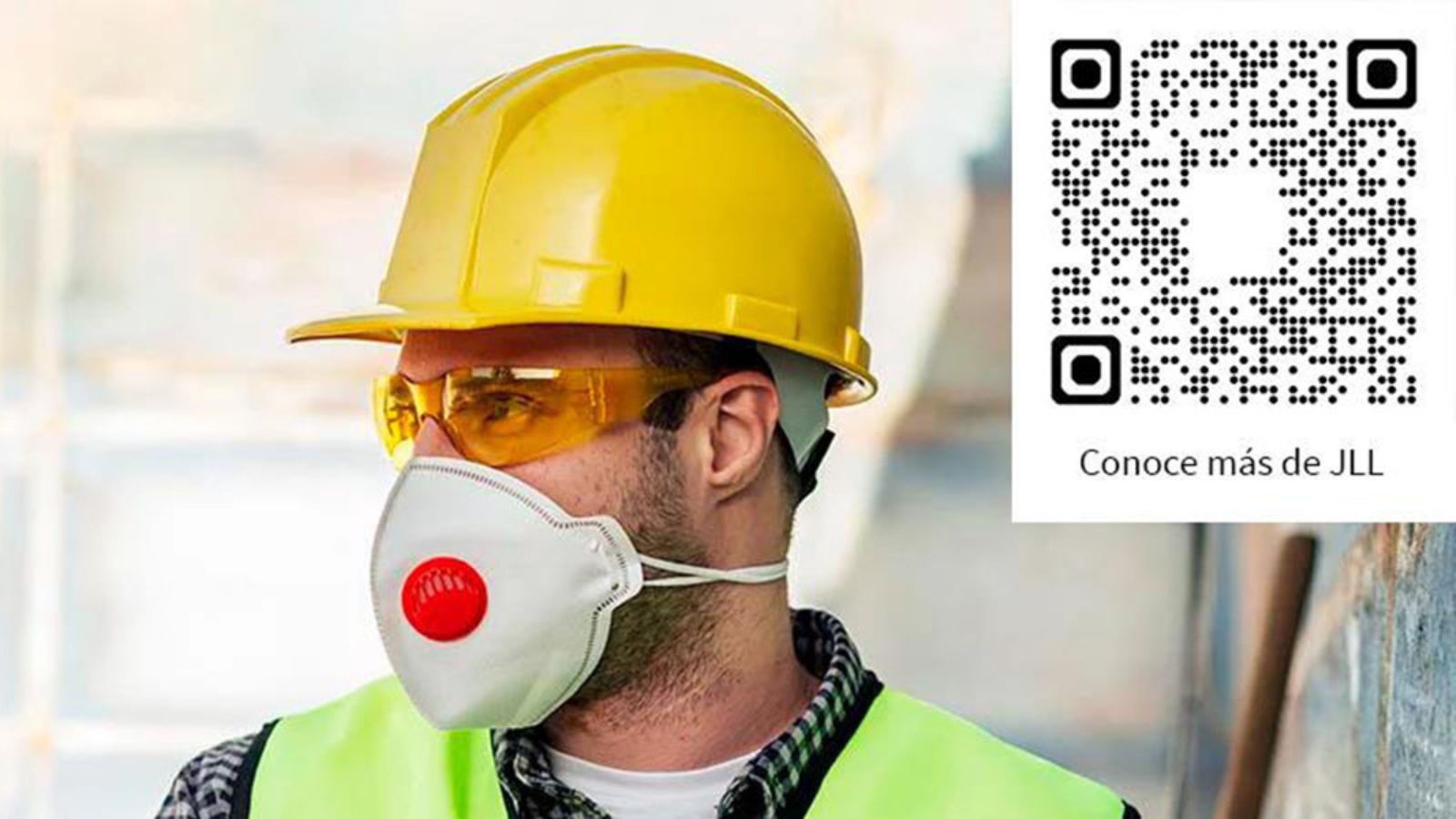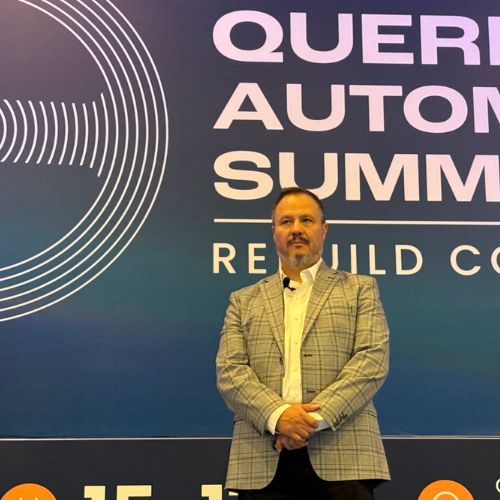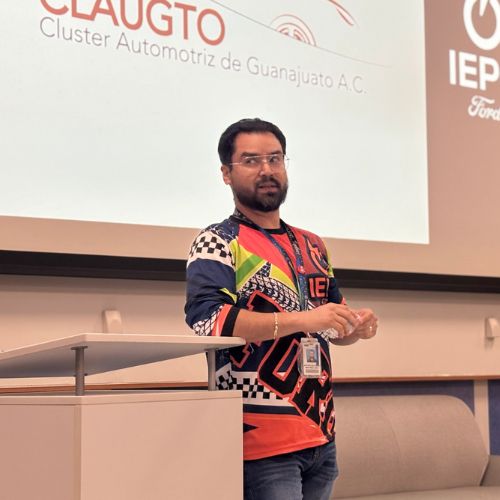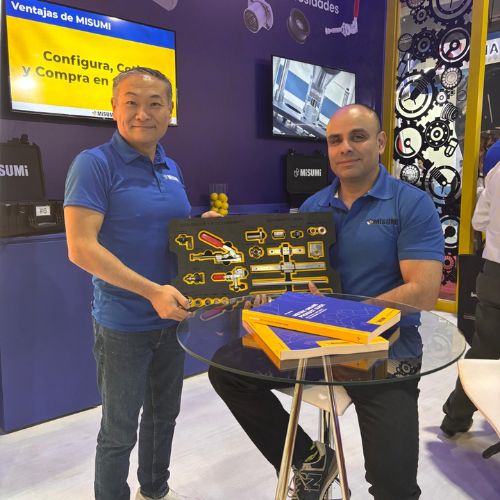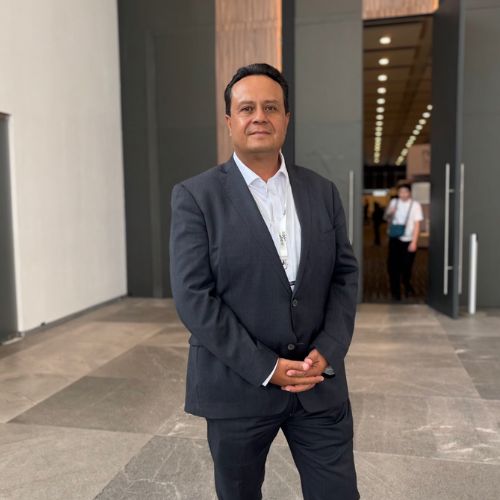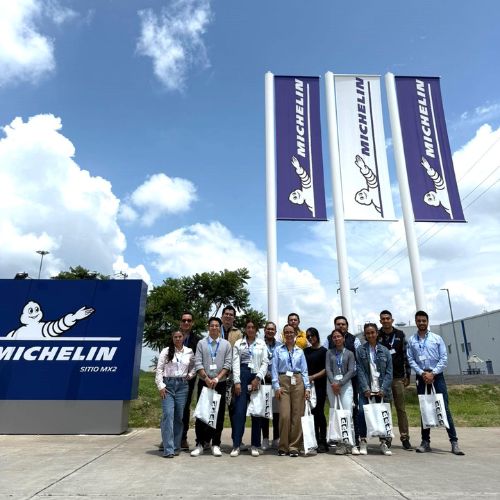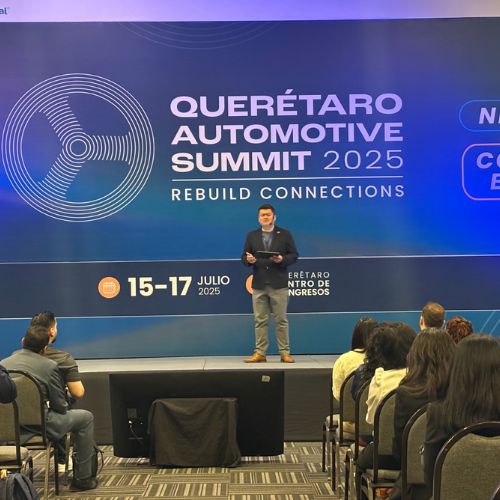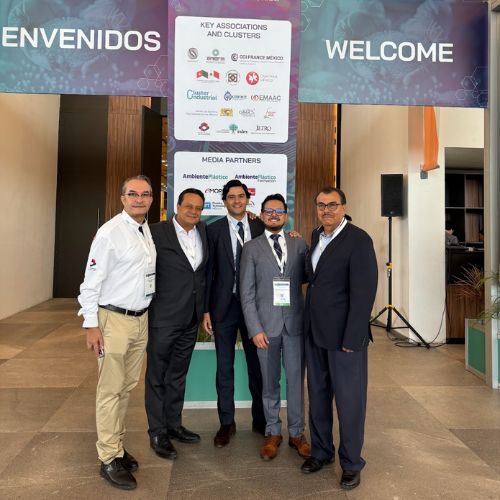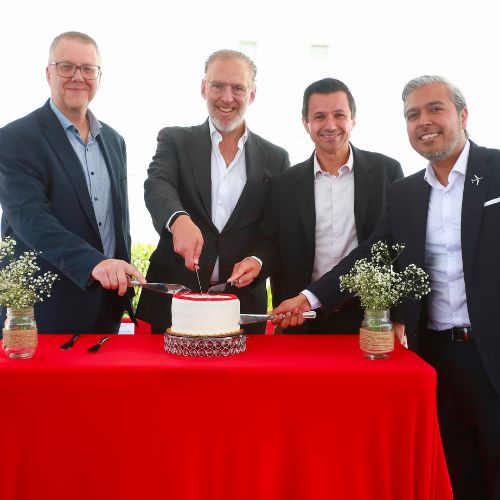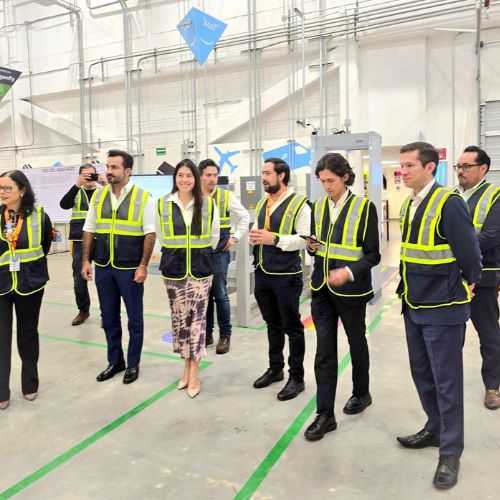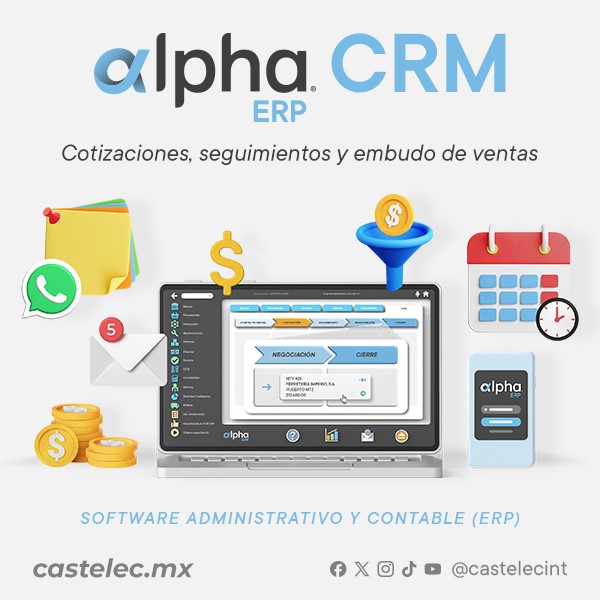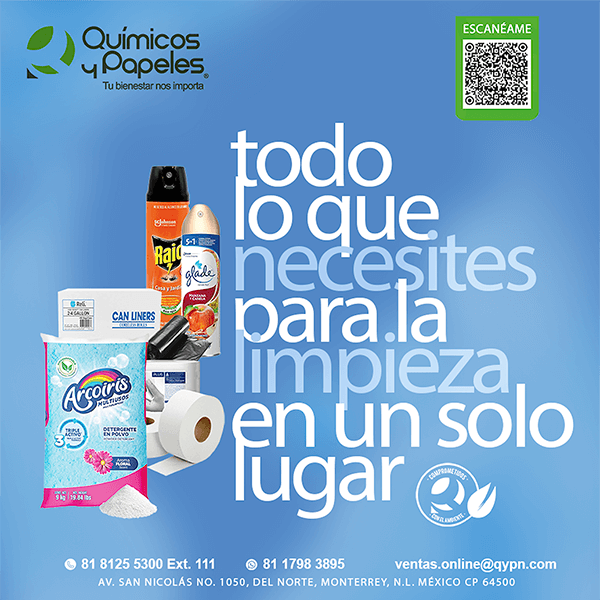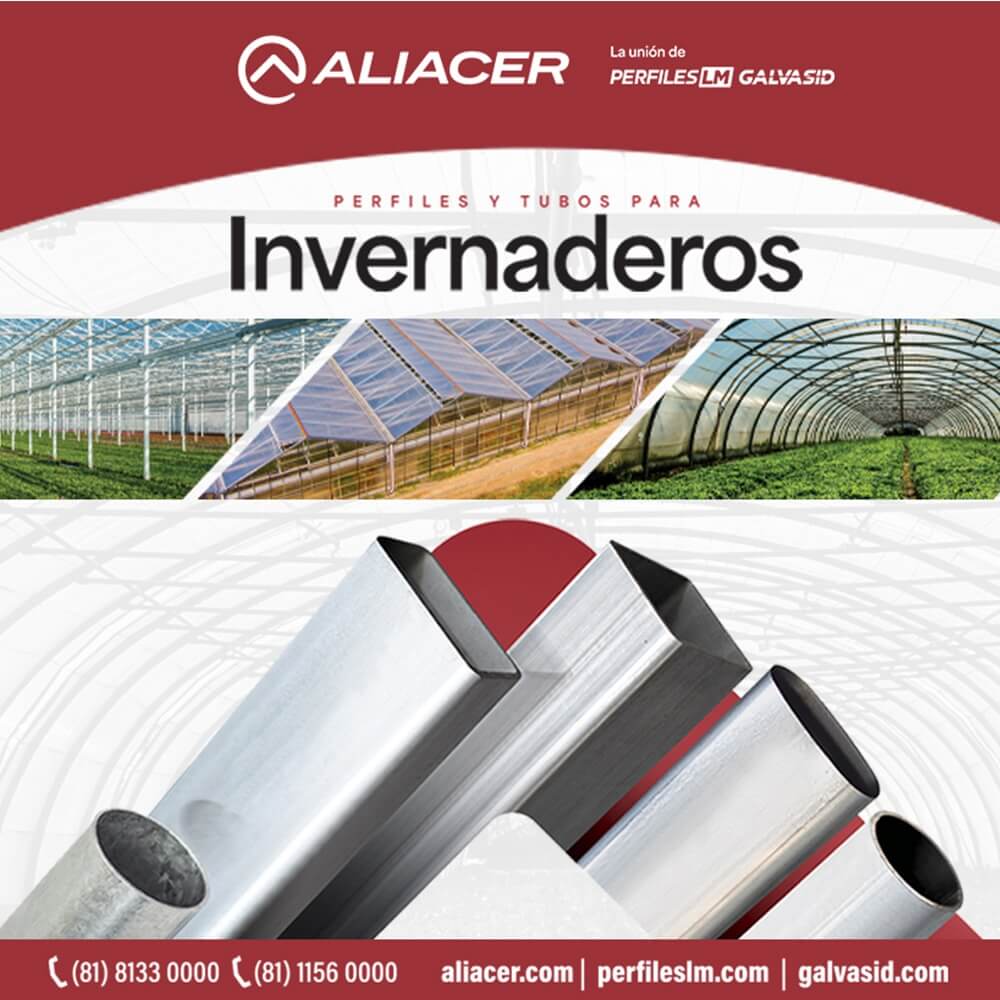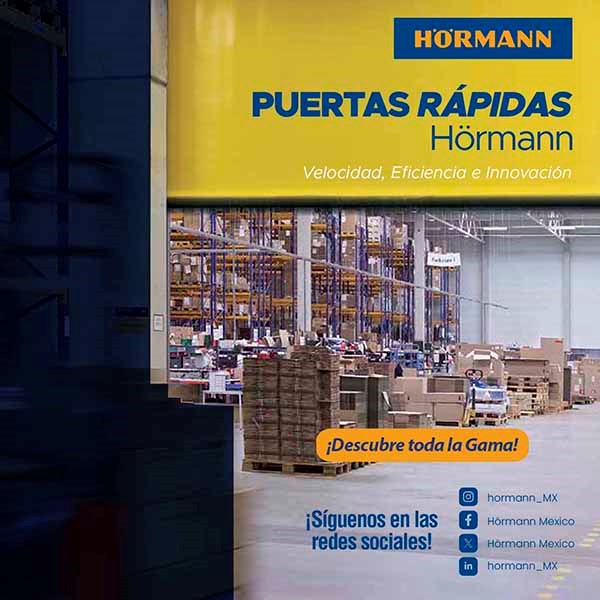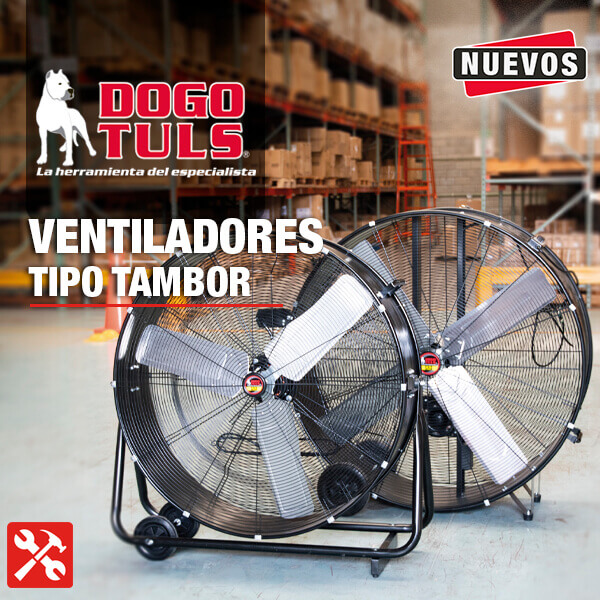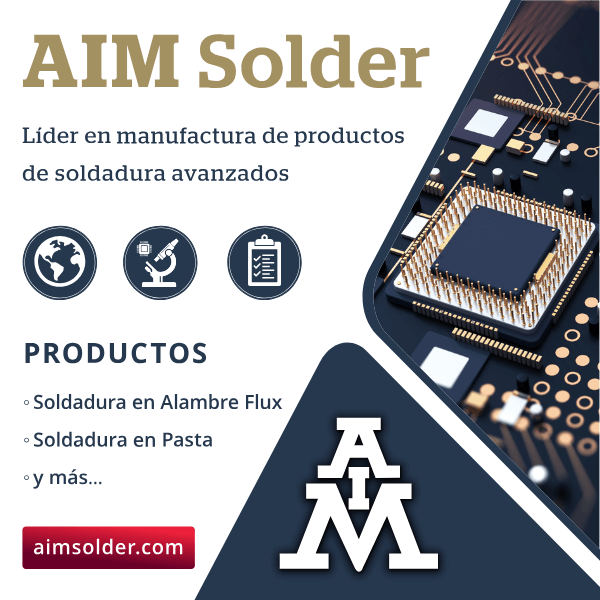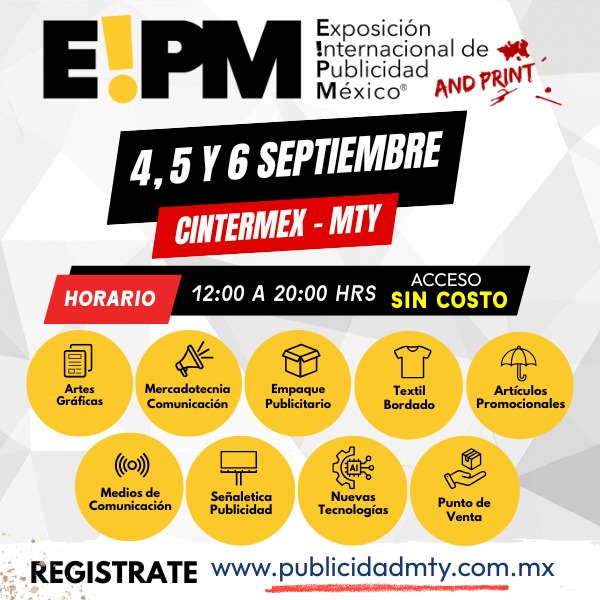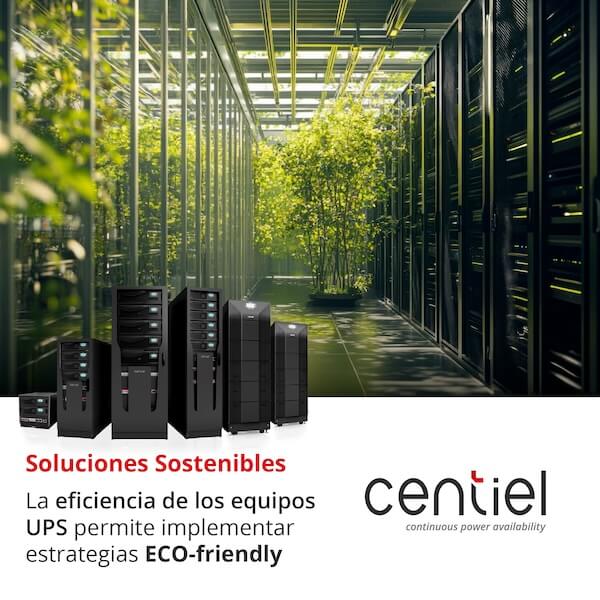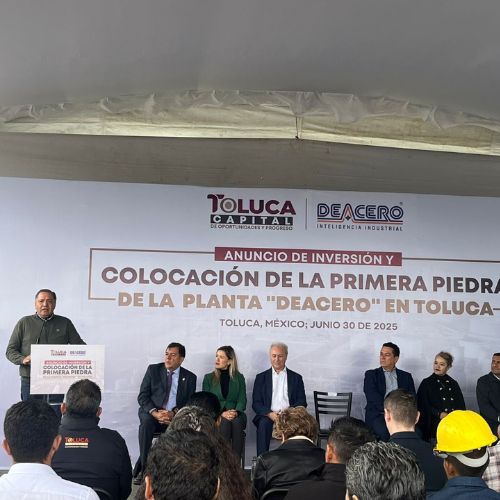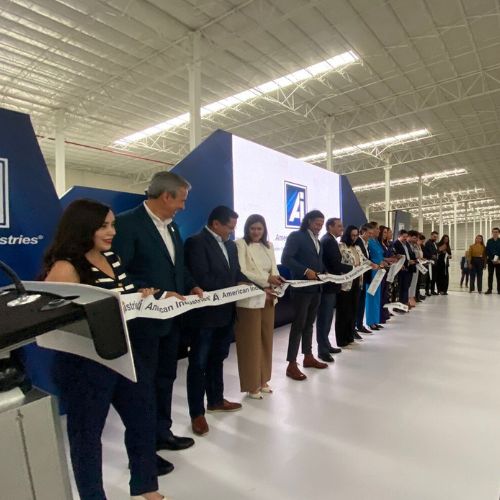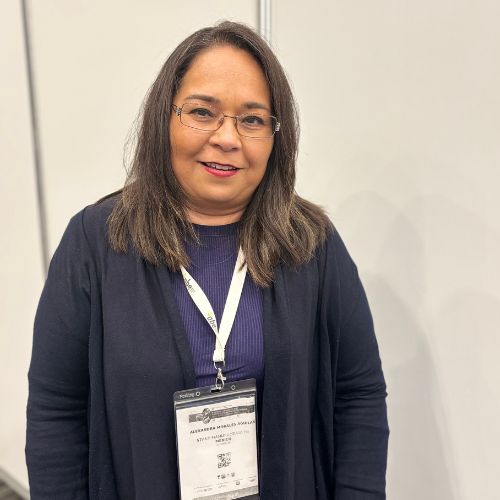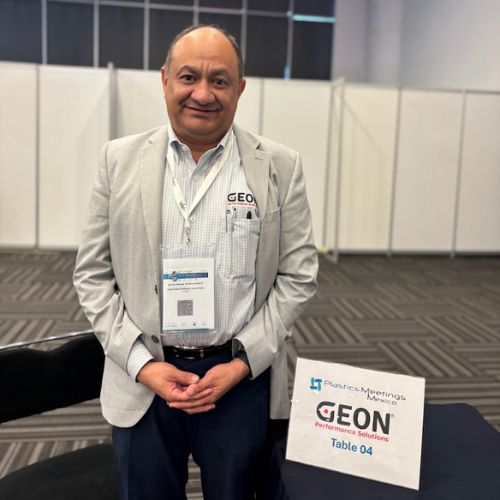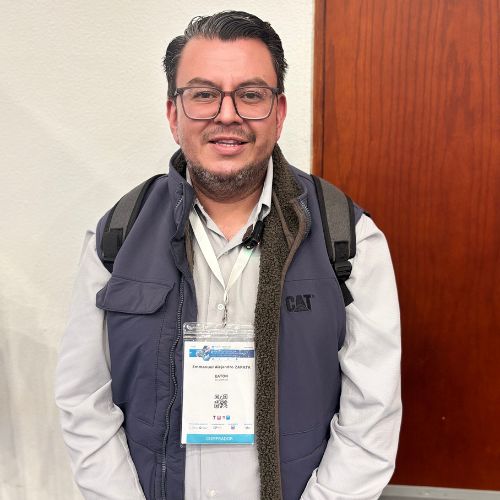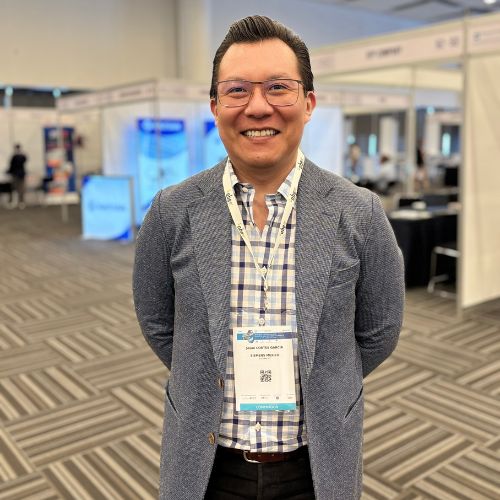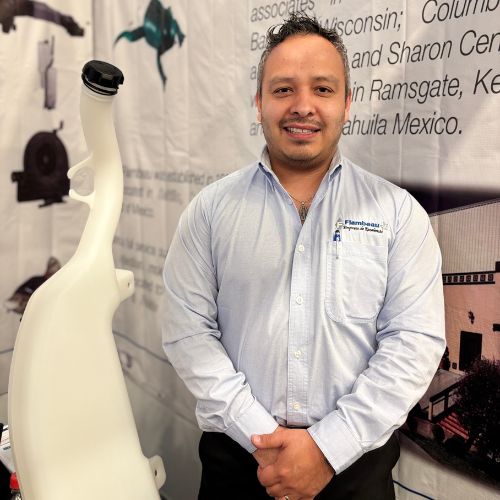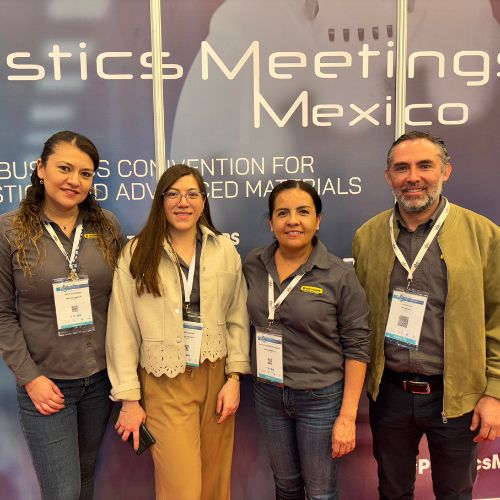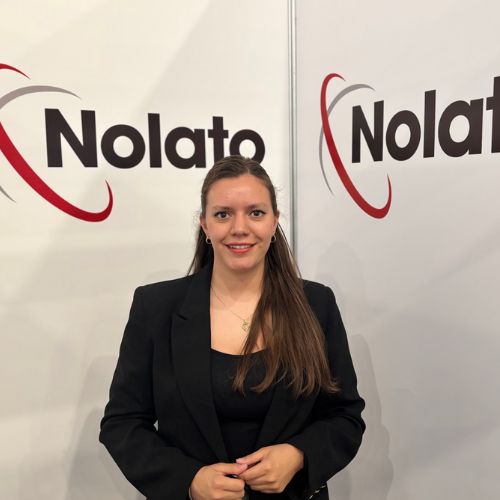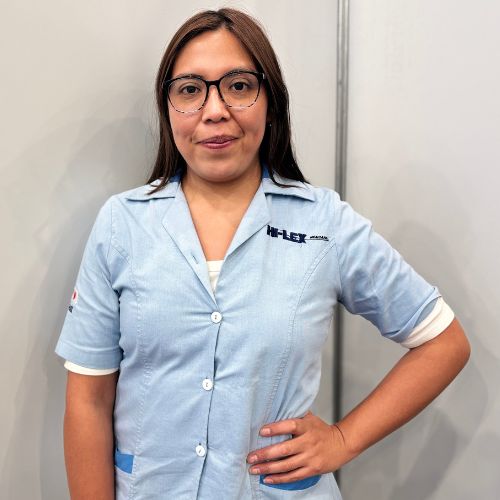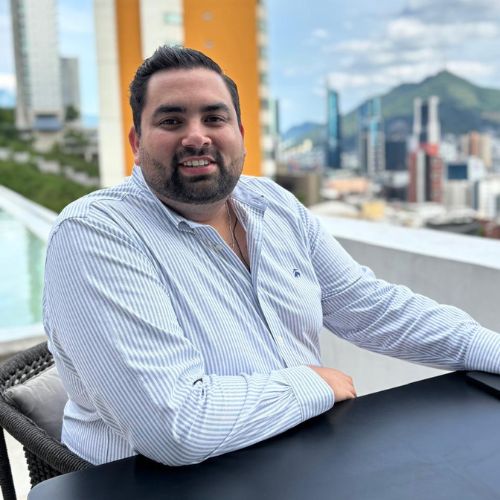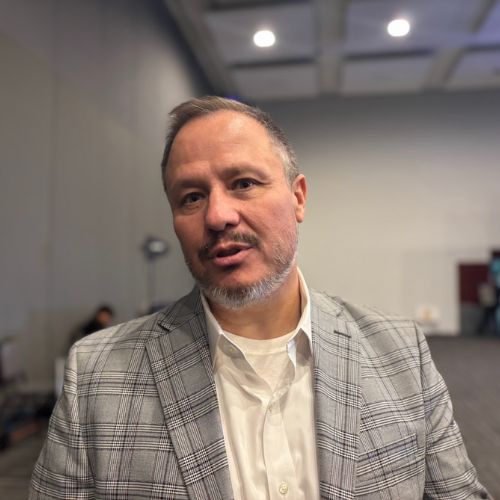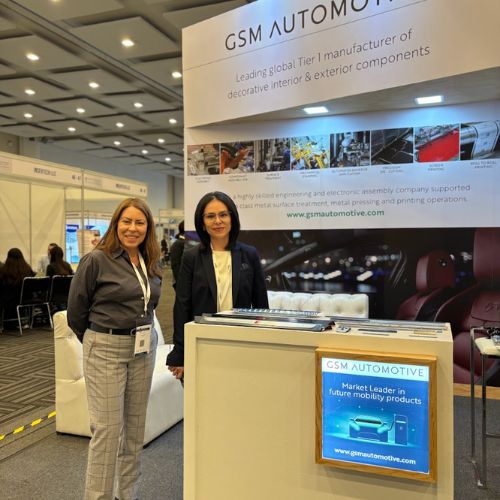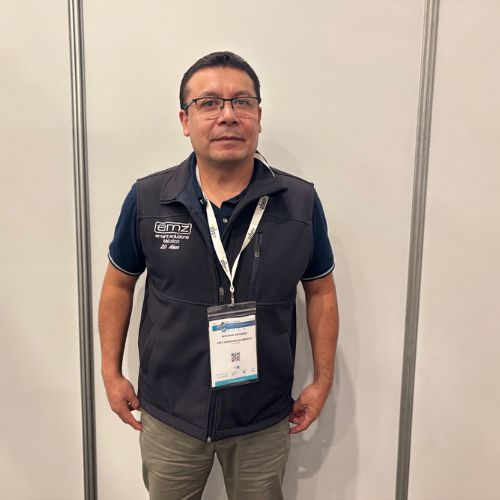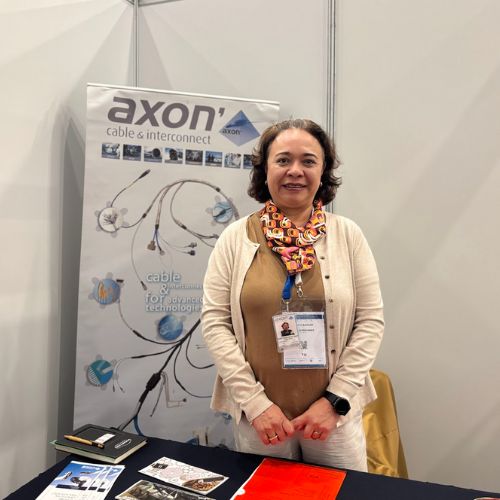To achieve these goals, it helps to have suppliers close by the production plant. Hence, local and national companies are an excellent choice.
Supplier development aims to integrate supply chains with companies of different specialties, services, and sizes that deal in raw materials, components and supplies, among other products, and also to help cut inventory and storage costs.
Today, more foreign and domestic companies are choosing to reduce their imports and look for local suppliers who meet their standards.
Such is the case of EVCO Plastics, a company specializing in plastic injection. For this company, having local suppliers has allowed it to reduce inventory, as well as to improve material receipt time, costs, and – therefore – service.
"More and more customers ask us to work with the Kanban system, which requires several daily product deliveries. This requires a lean and efficient operation, and our suppliers are an important link in achieving it," said Rolando Juarez, the company’s Continuous Improvement Manager.
90% of the raw material with which EVCO works in Mexico is imported and 10% of its supplies are provided locally.
The executive said the company's expectation for the coming years is to increase the percentage of local supplies, for which they will require suppliers of chrome for plastic parts, as well as suppliers of copper for the medical industry.
In turn, ZinkPower, an Austrian-born company specializing in the galvanization of towers and power poles, stands out in the industry for its interest in having local suppliers.
An estimated 15% of everything the company needs to operate is imported, and the rest is national, including zinc, acid, wire, paint, uniforms, and safety equipment.
Albert J. Gebeshuber, the company’s General Manager noted that, since ZinkPower’s launch in 2007, zinc has been the main raw material purchased from a Mexican supplier, in this case Peñoles.
"In Mexico we can get a purer zinc than that which is offered in the United States. We need SHG zinc because of its 99.995 percent purity," he said, commenting that, "I can go to Canada [to buy it] because they sell it there, too, but they only deliver to Laredo, which costs us logistically and greatly impacts our waiting time.”
The manager stated that the main advantage of having a supplier close at hand is getting a prompt response, as well as saving on import costs.
Currently ZinkPower is interested in replacing some currently imported products, such as chemicals used in their pre-treatments (one of which is a degreaser for metal parts) with domestic substitutes.
"Today we are importing it from Germany, but we are open to domestic suppliers, from whom we can obtain a prompt response and competitive prices," said the manager.
Another product being solicited by ZinkPower is called Flux, that is, a combination of ammonium chloride and zinc chloride used in production to improve the reaction between iron and zinc.
A third chemical that needs to be located in Nuevo Leon or within Mexico is hydrochloric acid, which is used to eliminate iron oxidation.
"Because of the shortage of this acid, prices have risen. We are open to contacting a supplier that has sufficient amounts of it to meet our needs," said Gebeshuber.
The requirements for companies interested in supplying ZinkPower are very simple: show the product, allow it to be evaluated in the company’s laboratories, and corroborate the experience.
Domestic Food Needed
Supplier development is not only greatly important to the plastics, galvanizing, manufacturing, automotive, etc., industries, but also for the food industry.
For Dawn Mixco International, a company dedicated to the production of prepared flours and frozen foods, switching to local suppliers has had many advantages, among them a reduction in their inventory, storage costs of scrap and cycle times. Likewise, having local suppliers has allowed them to save on costs. For example, buying wheat flour nationally instead of importing it from the U.S., as they once did, has generated savings of between 15 and 20%.
"Having a reliable supply chain and a competitive cost during a moment of such great market volatility is essential for meeting our customers’ varied needs. At the same time, it allows us to keep our operation risk-free in supplying raw materials and inputs," said Alexandre Anaia, Director of Dawn’s Latin American Supply Chain.
80% of the materials with which the company operates come from national companies that supply sugar, flour, oils, shortening, corn derivatives, and other ingredients, while 20% of their materials are imported from the United States.
That is why, through various programs, Dawn is always open to new prospects. These days, for example, they are looking for suppliers of sugar, wheat flour, soybean oil, soy oil shortening, palm oil shortening, cocoa, corn derivatives like starches and sweeteners, nuts, dairy products, phosphates, yeast, and eggs, among other products.
“Whoever has a single supplier, has none. One has to insure one’s own supplier options so as to support the client's supply. That’s why 70% of our raw materials are duplicated or triplicated with different suppliers," the executive stressed, adding that all companies interested in being part of their supply chain must comply with a previous evaluation that Dawn applies, have some certification of their processes such as ISO 9001:2008, FSSC-22000, as well as all the documentation required under these standards.
Supplier Development
Because there is no such thing as a perfect supplier, companies need to invest time and human resources in developing suppliers.
"For us, it is 100% worth investing time and human capital in supplier development, helping them to become who we need them to be," said Jorge Ramirez, Purchasing Manager for Lego, a company that, since its establishment in Nuevo Leon in 2009, has worked to increase the percentage of national and local raw materials.
"The main benefit gained by supplier development is the flexibility of having them give you a prompt response, in addition to the reduction of logistical costs that this entails," said Ramirez.
Nowadays Lego has developed a total of nine suppliers, and they are currently processing two more.
"We hope to finish this year; they are already working with us. And so we’ll have a total of eleven suppliers, of which seven are very close to our plant in Nuevo Leon, one to Querétaro, one to Altamira, and two to Mexico City,” Ramirez said.
The manager said that, when Lego first began operations in the state, they imported many of their primary inputs. In 2009 and 2010, 61% of the company’s raw materials came from the U.S. and Canada, 20% were from Europe, 6% from Asia, and 13% were offered by Mexican companies.
During 2011, Lego’s purchasing department managed to entirely eliminate the material that had once come from North America. Now 74% of their raw materials are found locally and nationally.
The company managed to replace products such as boxes, instructions, labels, and plastic bags, among others.
Next year Lego expects to decrease its European and Asian imports to 5% each and to increase its Mexican materials to 90 percent.
Consequently, the company is in search of various products such as molded parts products, metal parts, and textile parts imported from Europe and Asia.
The company also seeks domestic suppliers of masterbatch.
"We’re looking for suppliers who have high standards and the necessary machinery to cover it," said the purchasing manager, who clarified that, for companies to be part of Lego’s supply chain, they must meet the high quality standards solicited by the company, as well as pass the quality tests, graphics audit, and code of conduct audit.
Why develop local suppliers?
"Having local and national suppliers instead of importing significantly helps to improve delivery times and reduce inventory, so that the buyer is not forced to store weeks or months of inventory," commented Alba Peña, Grupo Prodensa’s Supply Manager. She added that it is also possible to negotiate longer terms of payment, as well as to increase flexibility in production: when there is a change in the design or production schedule, a company does have to wait weeks to receive new or different parts.
The manager stated that a company’s savings vary according to the "commodities" or types of components, and depending on where materials are bought.
For example, a nodular cast iron piece purchased in the U.S. or Canada can be replaced by one from a Mexican supplier, and it is possible to obtain a reduction of between 12 and 18 percent.
"In precision machined parts, this reduction can be very important. It can vary between 30 or 35% in Mexico, when compared against a U.S. and/or Canadian supplier," said the manager.
Peña told SOMOS INDUSTRIA that, for a company to properly manage its purchases, it must make sure that at least 40% of its supply chain is developed in Mexico. Accomplishing this, however, is very challenging, since the development and approval take several years.
"It is important to keep an annual objective of implementing between 7 and 10% of the materials used," Peña recommended.
One of the products ZinkPower is seeking from local suppliers is a combination of ammonium chloride and zinc chloride, which is used to improve the reaction between iron and zinc.
Dawn Mixco Internacional seeks:
Direct:
- Standard and refined sugar
- Wheat flour
- Soybean oil
- Soy Shortening
- Palm Oil Shortening
- Cocoa
- Corn derivatives, such as starches and sweeteners
- Nuts
- Dairy
- Phosphates
- Yeast
- Eggs (pasteurized liquid, powdered whole eggs, powdered yolk and albumen)
Indirect:
- Maintenance Parts
- Cleaning Products
- Uniforms
- Safety shoes and clothing
- Pallets
- Fumigation Service
- Electrical substation maintenance
Requirements:
Comply with a previous evaluation applied by Dawn, have ISO 9001:2008, FSSC-22000 certification and all documentation required under these standards.
Lego seeks:
Direct:
- Molded Parts Products
- Metal Parts
- Textile Parts
Indirect:
- Boilermaking
- Electrical Services
- Machining Services
- Suppliers for the design and production of different kinds of prototypes.
Requirements: Have the quality standards required by Lego and pass a quality audit, graphics audit, and code of conduct audit.
Zink Power seeks:
- Metal Parts Degreaser
- Chemical: A combination of ammonium chloride and zinc chloride
- Hydrochloric Acid
Requirements: Product evaluation in Zink Power’s laboratories
EVCO Plastics seeks:
- Suppliers of chrome for plastic parts.
- Suppliers of copper plates for the medical industry.
Requirements: Must have quality systems and be a stable company with high production capacities.
Grupo Prodensa seeks:
- Steel Castings
- Aluminum Castings
- Hobbing Gears
- Automotive Arrow Machining
- Rods
- Tubes (Seamless Cold Draw)
- Forging
- Sintering
Requirements: ISO 9000 certification, with IMMEX program and exporting experience.
Caintra seeks:
- Precision Machining
- Valves
- Tubing/Piping
- Plastic Injection
- Gray Iron Casting
- Cardboard Packaging
- Wood Pallets
Parker Industries seeks:
- Galvanized Wire
- Flexible Metal Tubes, measuring from 3/4" to 3 1/2”
- Zinc-plating Service for Stainless Steel Pipes
Requirements: To have quality certifications, timely deliveries, and the capacity to supply the company.
Castellón Barcelona seeks:
- Plastic Injection
- Zamak Injection
- Rubber Injection
- Rubber Extrusion
- Metal Stamping
- Casting
- Bearings.
- Plastic-coated metal or wire cases
- Steel Cables and Plastic-coated Steel Cables
Requirements: Have experience in the automotive industry, or at least important clients who have high levels of quality, i.e., suppliers for technology industries. Likewise, have ISO / TS certification.
TREMEC seeks:
- Machined Investment Casting Wax. Parts from 300 gr. to 600 gr. Annual volumes from 4,000 to 120,000 pieces.
- Manufacturer of specialized bolts and screws in grades 8, 9.8, 10.9
- Manufacturer of change bars in volumes of 100 to 45,000 pieces per year.
- Manufacturer of oil seals at the OEM automotive level.
Specialized Processes in Powder-Coating, Xylan, and Special Coating.
Requirements: ISO / TS 16949 certification, certification in and compliance to CQI-9 FORD, and acceptance of KUO Power System’s supplier quality manual.
40%
of the supply chain should be developed in Mexico for improved company stability.
Lego
Mexican Suppliers
13% 2010
74% 2011

